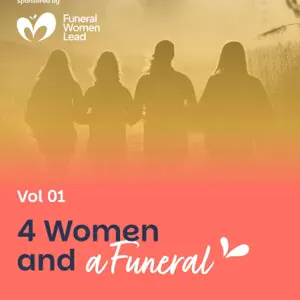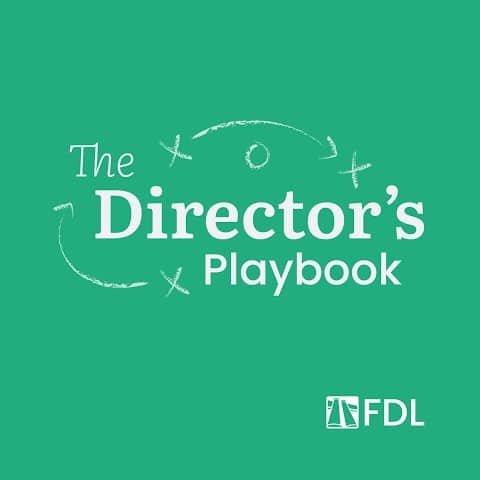Managing Credit Cards & Outstanding Balances
The Credit Cards Hub
Keeping track of your credit cards is essential for financial organization, debt management, and estate planning. From monitoring balances and rewards programs to ensuring proper closure or transfer after death, maintaining clear records helps prevent financial complications. Whether you’re managing active accounts, authorized users, or debt repayment, documenting your credit card details ensures smooth financial transitions and prevents missed payments or fraudulent activity.

Key Things To Know
Tracking and managing credit card accounts ensures financial security and simplifies estate planning. Here’s what to keep in mind.
- All active credit cards should be documented: Keep a list of account numbers, issuers, interest rates, and payment due dates to prevent missed payments or overlooked balances.
- Rewards programs may be transferable: Many credit card reward points, airline miles, or cashback benefits can be transferred to heirs or used before account closure.
- Joint accounts and authorized users have different rules: Co-owners remain responsible for outstanding balances, while authorized users typically do not inherit debt.
- Credit card debt is handled through your estate: Outstanding balances are usually paid from your estate before assets are distributed to heirs.
- Closing unused accounts prevents fraud: Keeping old or inactive accounts open may expose you to identity theft or unauthorized charges, so regular monitoring is essential.
Checklists, Guides, & Resources
Buried in Work offers a variety of checklists, guides, and other resources. Below are some of the most popular ones related to this information hub.
Find A Service Provider Near You
Need professional assistance? Use our directories to find trusted service providers near you who specialize in estate planning, end-of-life organization, and related services.
Articles
Frequently Asked Questions
Have questions about managing and documenting credit card accounts? Here are answers to common concerns.
Disclaimer: The information provided on this website and by Buried in Work is for general informational purposes only and should not be considered legal advice. Please consult with a qualified attorney or subject matter expert for advice specific to your situation.





